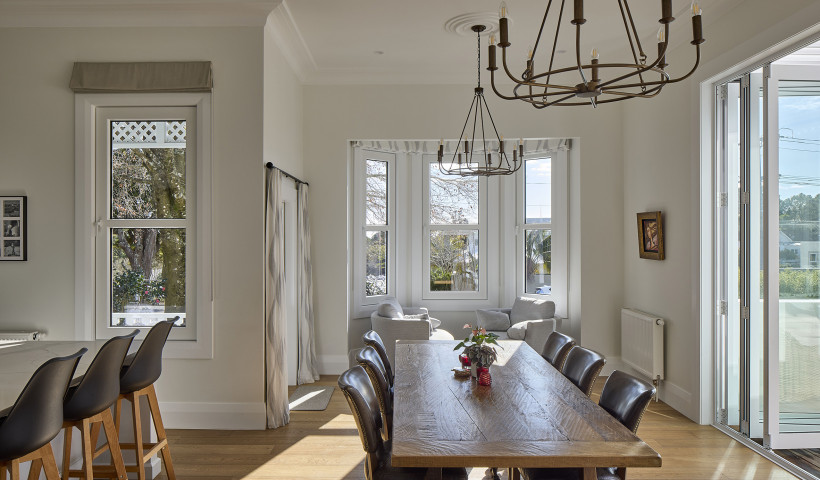
When engineer Sally Reid and her husband Nick bought this art deco home in 2017, they had a two-year-old and a baby. Built in the 1940s, the original square, two-storey state house had been sensibly tinkered with over the years, and it worked well for their whānau — for a while. But as the kids grew, the old home couldn’t keep up. “The kids are neurodiverse, ADHD and autistic, so their needs are complex,” explains Reid. “They need space, but space that is still connected to us.” Shopping around for something more suitable, nothing hit the mark, so the couple changed tack and decided to renovate, calling on friend and architect Brady Gibbons.
Reid and Gibbons often collaborate through work and their kids have known each other since Montessori, so the architect knew a bit about how the home and family operated. The main issue was a lack of connection to the outdoors, so the brief sought to rectify this and reshape the layout around the kids’ needs while staying within the building’s existing envelope. Presented with eclectic references, including the delightfully unorthodox buildings of Melbourne architect Andrew Maynard, Gibbons says his team “all got really excited because we don’t get that opportunity often. The playfulness, fun and sense of family was cool to see.”
Gibbons focussed on replanning communal spaces. His first move was to get rid of the old staircase that ran along the north-facing wall of the home and blocked any connection to the backyard. “It felt really closed off,” the architect explains. “Like it needed a little bit of breathing room.” He and Reid devised an innovative ceiling-hung replacement from perforated steel. Tucking the new stairwell into a corner cleared the way to open that exterior wall, with new Altherm bi-folding doors added to connect the dining area and courtyard. With another set of doors off the kitchen, and double-glazed windows filtering natural light through the stairs, the space feels bright, open and easygoing.
Hanging the sculptural staircase also made space for a curved reading nook below. It’s steeped in sunlight with plenty of book storage beneath its blush cushions. The kids can retreat here to decompress or detour onto the deck, clambering out through a covert glass door. “They love torturing me by running a circuit,” jokes Reid. “It’s pretty cool; they hop out the window and use up all that energy racing around.” Where the old, closed-off layout meant Reid had to be outside with the kids as they played, she now happily watches them run laps from within. “With all of the new windows upstairs and downstairs, we can see them anywhere in the yard.”
While the home’s soft curves, pink and sage tones, and kid-approved nooks joyfully align with the brief’s “fun” requirement, it stacks up pragmatically, too. Heat loss was a key concern for the Reids, so along with the new, ThermalHEART thermally improved window joinery, with The AGP System glazing that captures morning light, Gibbons introduced insulation and ducted heating. The system’s mechanics are concealed within the now-decommissioned chimney and the difference is remarkable. “It’s warm all the time,” says Reid. “We’re really comfortable here, even walking around barefoot in winter.”
Considering your own renovation project? View Altherm's helpful guide to get started











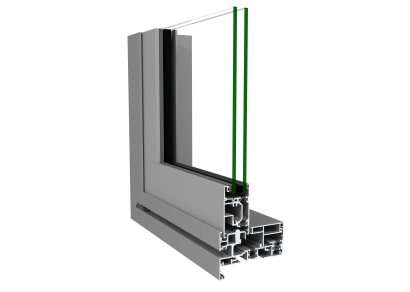
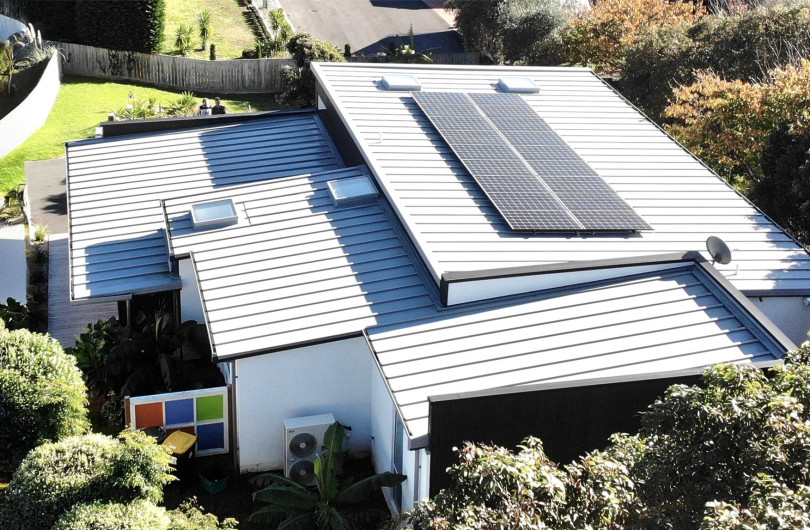
 New Products
New Products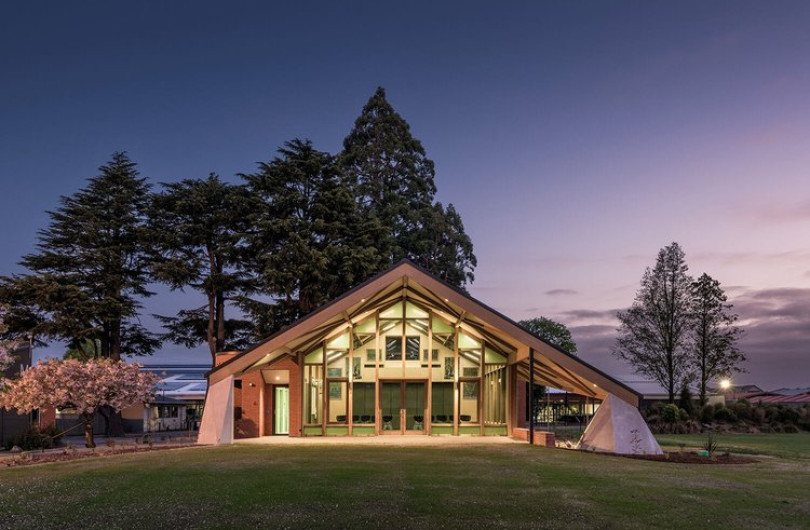
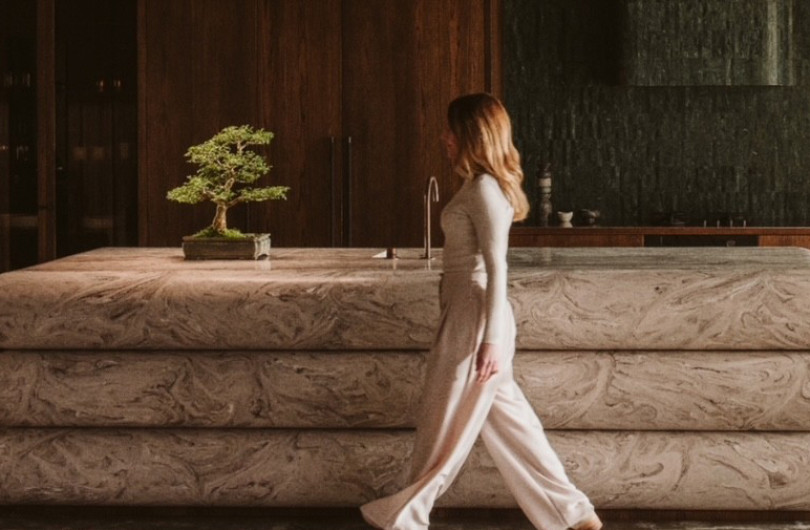



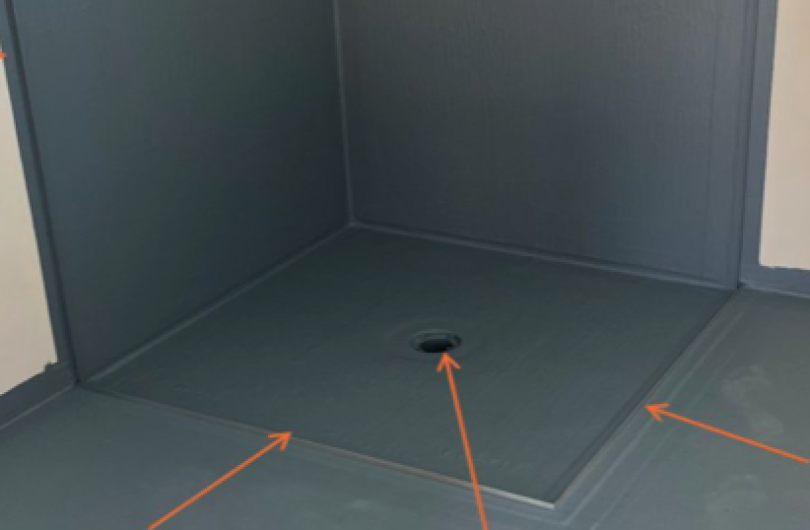




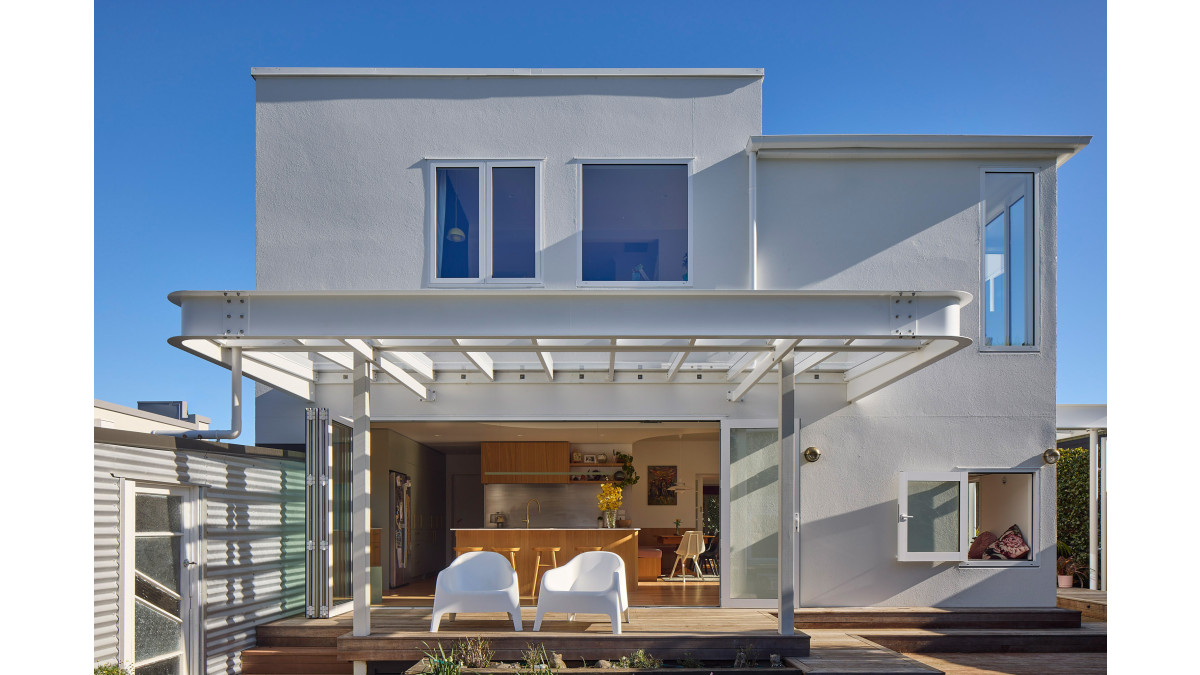
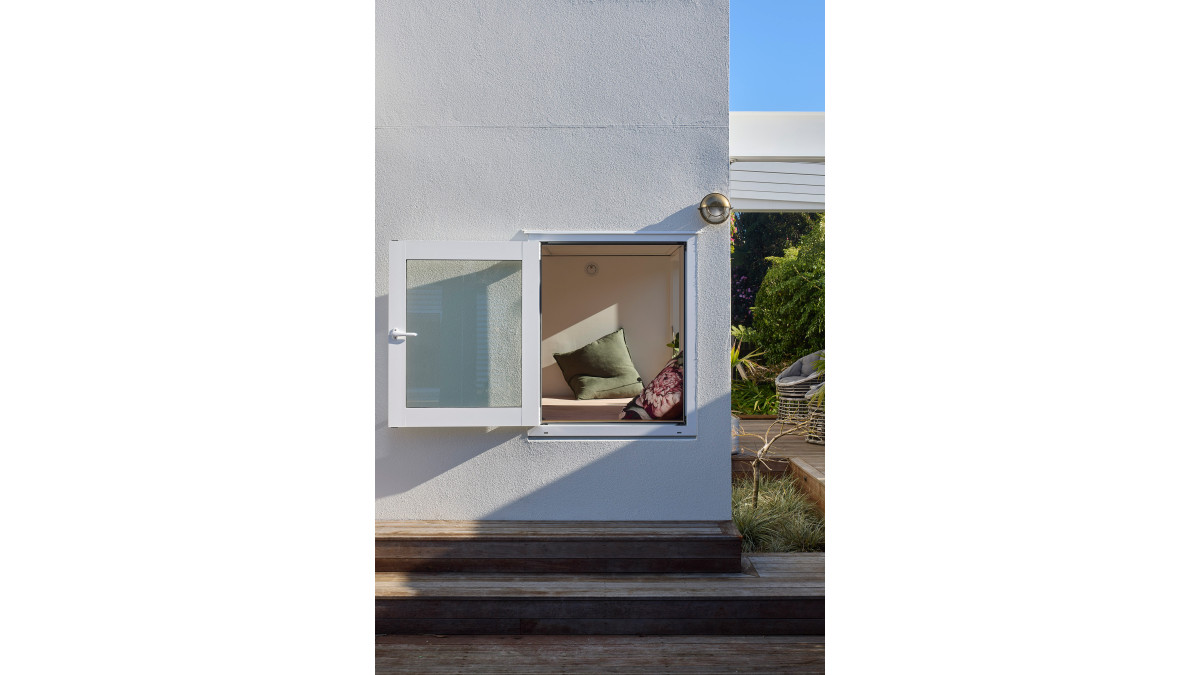
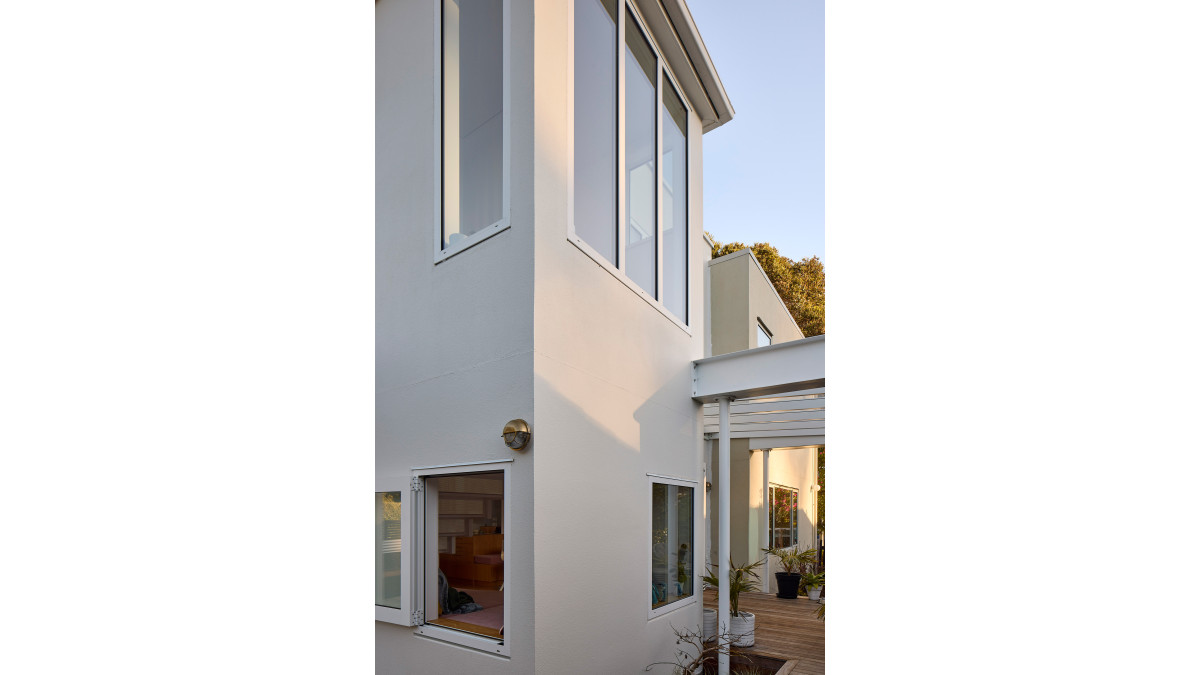
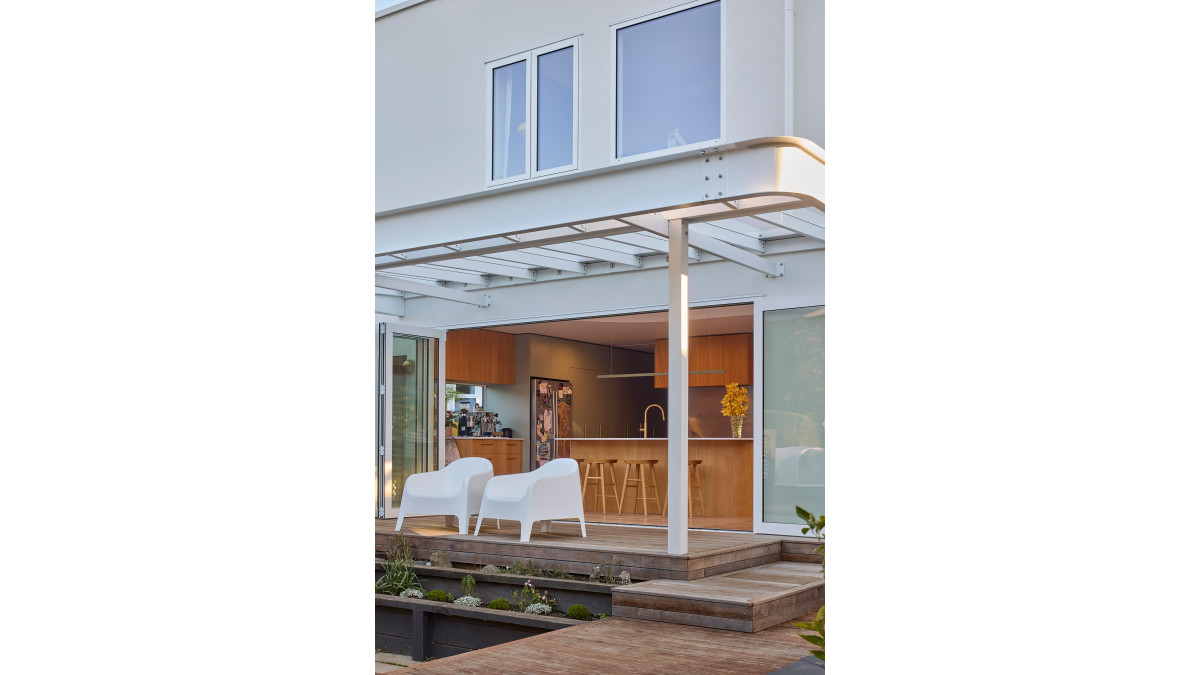


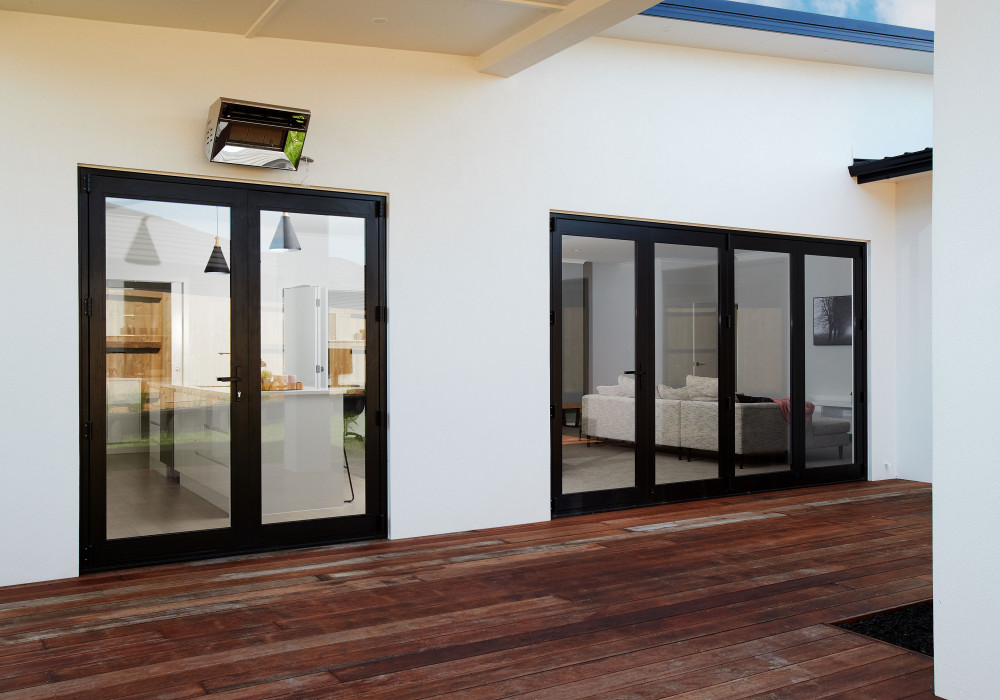
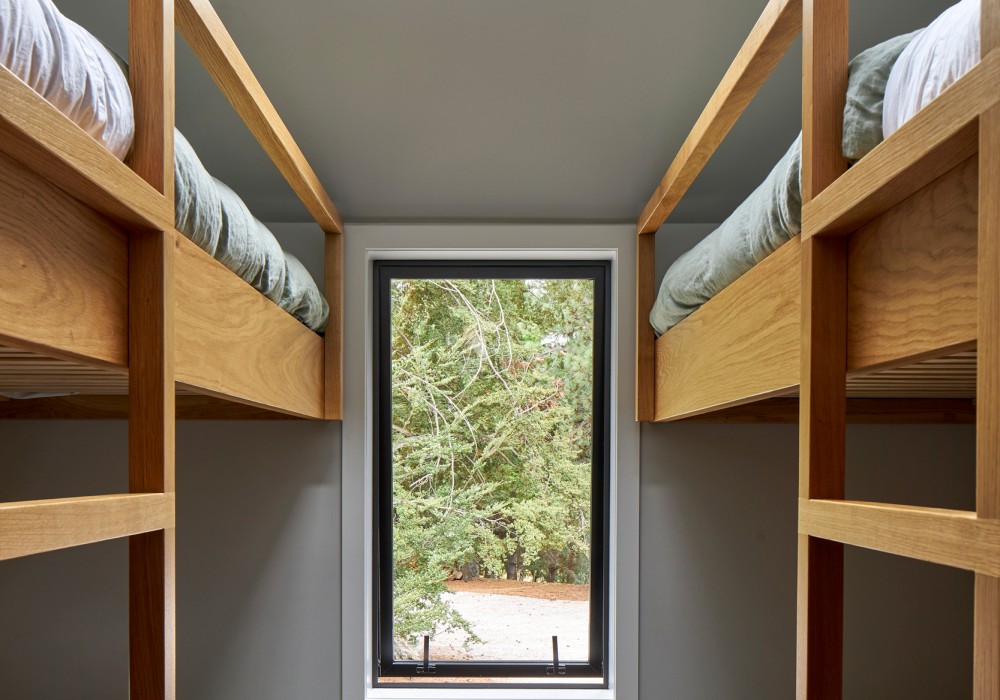

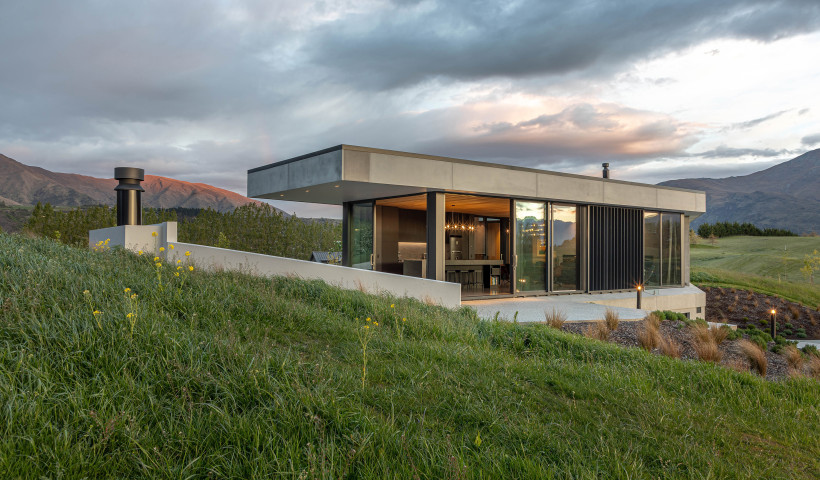
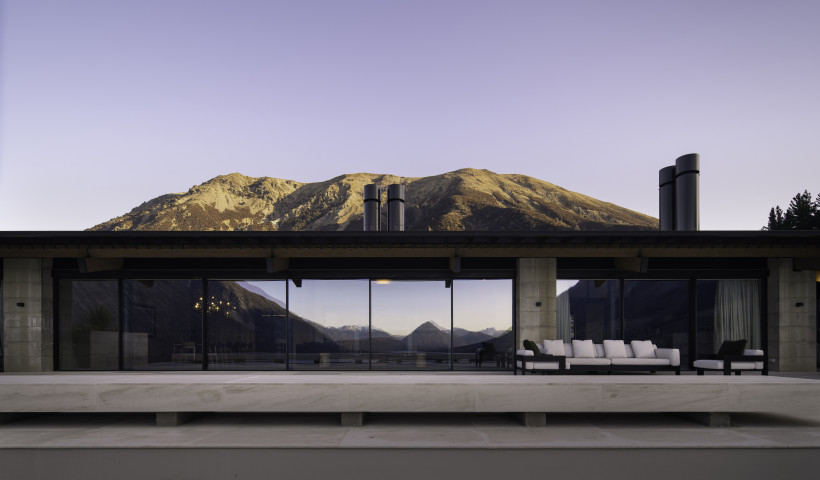
 Popular Products from ALTHERM Window Systems
Popular Products from ALTHERM Window Systems


 Most Popular
Most Popular


 Popular Blog Posts
Popular Blog Posts
